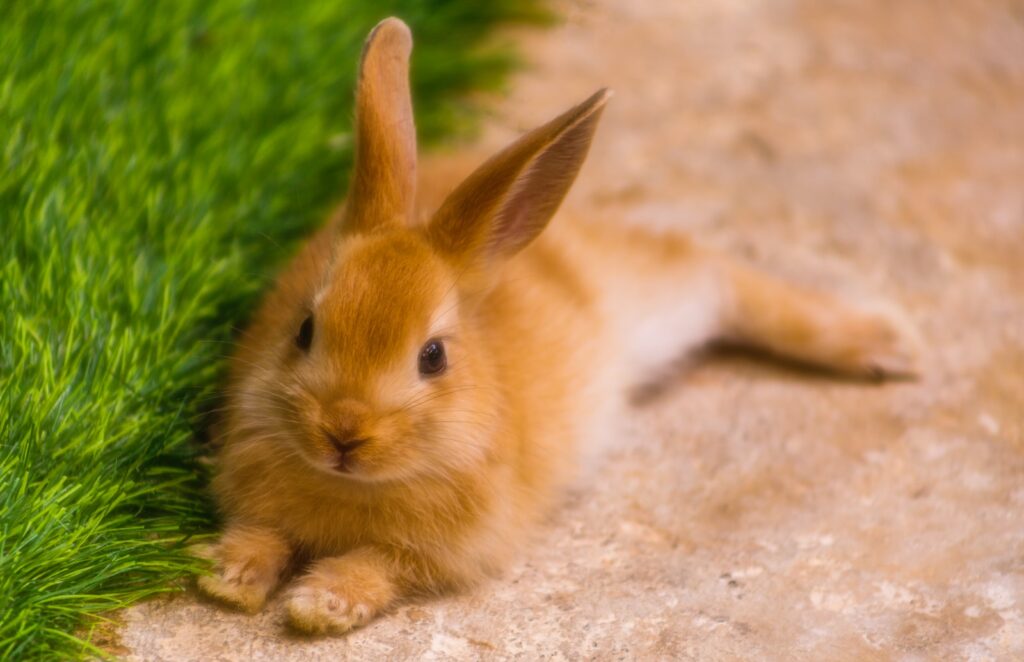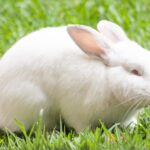Can Rabbits Eat Peanuts?
Rabbits are adorable and fluffy creatures that make great pets. As a responsible pet owner, it is essential to provide a nutritious and safe diet for your furry friends. While peanuts may seem like a tasty treat to share with your bunny, they are not recommended for rabbits due to several reasons.
The Dangers of Peanuts for Rabbits
Although peanuts are commonly consumed by humans and many other animals, they can pose significant health concerns for rabbits. Firstly, peanuts are high in fat and can lead to obesity in rabbits, causing various associated health problems. Additionally, the high fat content can also strain their digestive system, potentially leading to gastrointestinal issues.
Another hazard of feeding peanuts to rabbits is their potential to cause allergies. Peanuts are known to be allergenic for some individuals, including rabbits. Allergic reactions can range from mild symptoms like itching and sneezing to more severe reactions like difficulty breathing or anaphylaxis. Therefore, it is best to avoid exposing rabbits to the risk of allergies by not feeding them peanuts.
Potential Symptoms or Reactions
If a rabbit consumes peanuts, they may exhibit certain symptoms or reactions. These can include digestive problems such as diarrhea, bloating, or even pancreatitis. It is important to monitor your rabbit closely for any signs of discomfort or unusual behavior. If you notice any adverse reactions after your rabbit consumes peanuts, it is advised to seek veterinary assistance promptly.
Safe Food Options for Rabbits
Instead of peanuts, there are plenty of other safe and nutritious foods that you can offer to your rabbit. Some examples include:
- Leafy greens such as lettuce, kale, and spinach
- Vegetables like carrots, bell peppers, and broccoli
- Fresh fruits, including apples, strawberries, and blueberries
- Hay and grass should be the main component of their diet to promote dental health and digestive function.
Always introduce new foods gradually while monitoring your rabbit’s response to ensure they tolerate them well.
Preventing Access to Peanuts
Preventing your rabbit from accessing peanuts and other harmful foods is paramount. Ensure that peanuts are stored securely in a place that is inaccessible to your pet. Be mindful of other household members unknowingly offering peanuts to your rabbit, emphasizing the importance of educating everyone who interacts with your pet about their specific dietary needs.
If you have a garden or outdoor space where your rabbit roams, make sure to remove any peanut plants or shells from the area to prevent accidental ingestion.
Conclusion
In conclusion, rabbits should not consume peanuts due to the potential dangers they pose. From the risk of obesity and digestive issues to the possibility of allergic reactions, it is best to err on the side of caution and avoid feeding peanuts to your furry friend. Instead, opt for a safe and balanced diet consisting of hay, leafy greens, vegetables, and occasional fruits. Remember, responsible pet care involves being knowledgeable about the specific dietary needs of your pet and taking appropriate measures to ensure their well-being.






